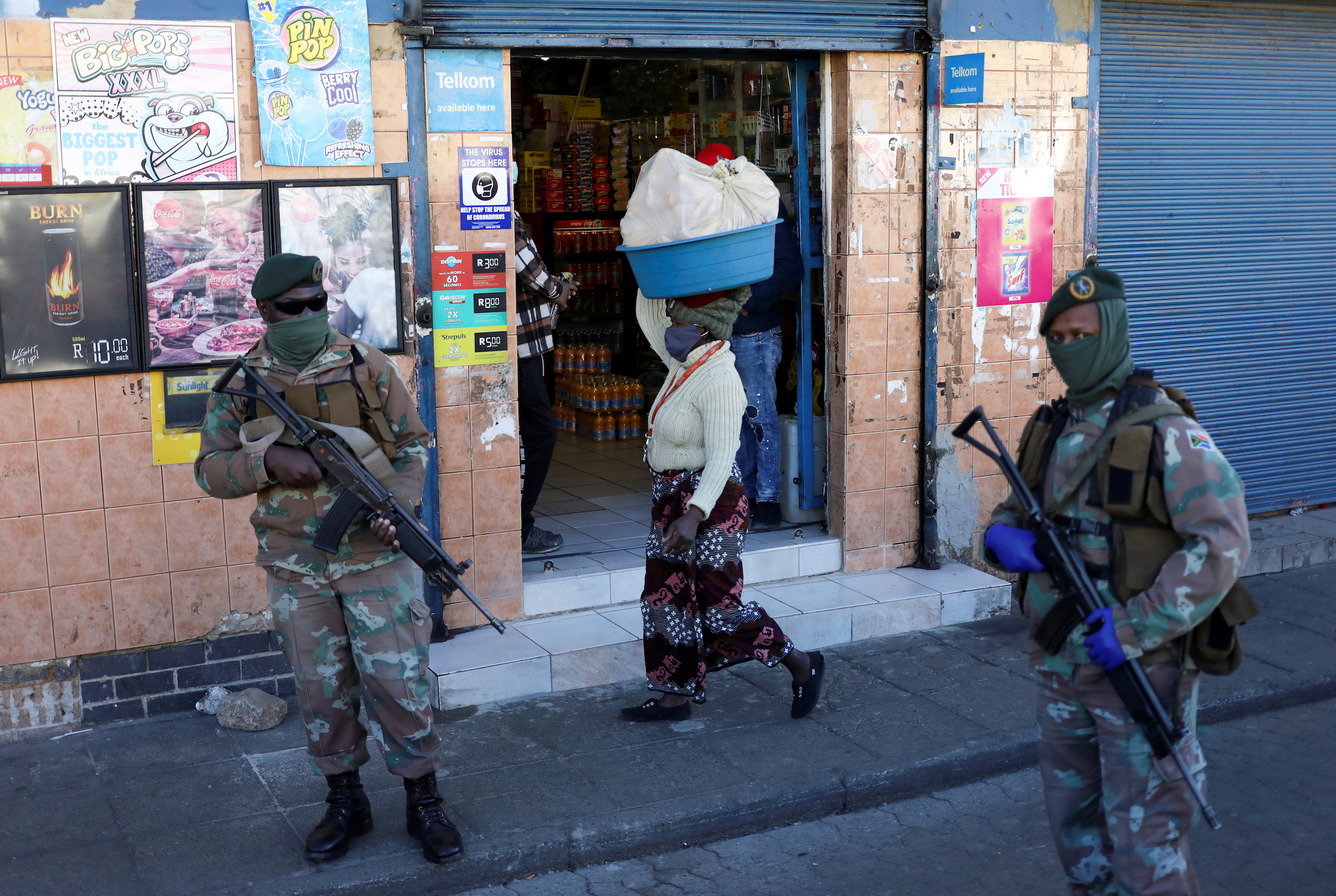
No decision yet to impose another lockdown, South African minister says

The South African government has not yet taken any decision to impose another lockdown even as COVID-19 cases in the country continue to rise, according to the nation’s Minister of Health Dr. Zwelini Mkhize.
Mkhize admitted that the continued rise in COVID-19 cases, particularly in Gauteng Province, may necessitate the imposition of measures in certain areas to curb the spread of the virus.
“There has not been any decision taken (to have another lockdown) and certainly the NCCC does not take lightly a decision of that nature. There may be need in some areas for restrictions, it may not be national but localised. But no such decision has been taken as yet,” Mkhize tweeted.
South Africa implemented one of the fastest and strictest responses to the COVID-19 pandemic. It closed its borders and imposed a nationwide lockdown before it announced its first death from COVID-19.
However, the two-month lockdown battered Africa’s most industrialised economy, particularly the country’s poorest, prompting the government to partially lift it at the start of June in a bid to revive the economy.
“We could not sustain the lockdown the way it was. We needed people to get back to their jobs and for the economy to be revived. We needed to do that under new circumstances where we use masks, social distance and sanitize our hands,” he said.
“That is a new way of reviving our economy and social activities that needs to be always remembered. A lot of prevention is in the hands of our society.”
However, critics warned then that the lifting of restrictions could see an increase of COVID-19 infections in the country.
Western Cape, Gauteng and Eastern Cape provinces are the worst affected in South Africa accounting for nearly 90 percent of total cases in the country. Mkhize warned that Gauteng is expected to emerge as the country’s COVID-19 epicentre in the coming days. According to the government, the factors contributing to this are: inward migration, large population sizes in the metros and congregation of people.
Mkhize added that the government had also taken action to mitigate the situation in Eastern Cape whose proximity to the Western Cape and interprovincial migration of seasonal workers and suboptimal case management have exacerbated the situation.
“We’ve sent a number of people to the Eastern Cape. We are sending reinforcements to the province and keep going there to inspect the progress, we are seeing changes and are monitoring the situations,” he said.
Mkhuze said that the government’s biggest challenge was getting citizens to understand and take necessary precautions.
As of June 29, South Africa has reported 144,264 COVID-19 cases with 2,529 deaths and 70,614 recoveries.






